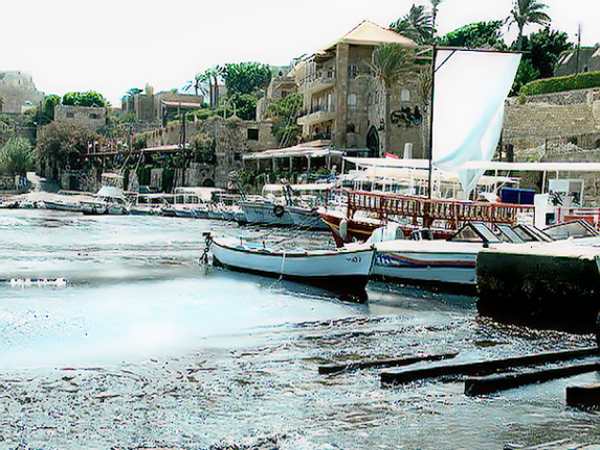November 22nd marks a significant day in Lebanese history – Independence Day. It commemorates the end of French rule in 1943, a culmination of a long struggle for self-determination.
A Legacy of Conquest and Conflict
Prior to French control, Lebanon had been under Ottoman rule for roughly four centuries. This period itself followed a long history of conquests dating back to Alexander the Great, Roman and Persian empires, and even the Crusaders. Unfortunately, despite gaining independence, Lebanon’s path hasn’t been without challenges. Periods of war and civil strife have punctuated moments of peace and prosperity.
The Enduring Spirit of the Phoenicians
However, the Lebanese people possess a rich history and an unwavering spirit. Their ancestors, the Phoenicians, were once a powerful maritime nation, renowned for their seafaring skills. They established a vast trading empire and colonies across the Mediterranean, leaving an enduring legacy.
A Gift to the World: The Phoenician Alphabet
One of the Phoenicians’ greatest contributions to the world is their alphabet. This innovative writing system eventually evolved into the Arabic, Hebrew, Brahmi (used in India and beyond), and Greek alphabets, ultimately laying the foundation for the Roman (Latin) alphabet used globally today. Interestingly, the Phoenician alphabet, much like Arabic and Hebrew, didn’t include vowels.
A Look at the Phoenician Alphabet’s Legacy
The chart below illustrates the evolution of various alphabets that stem from the Phoenician system. From left to right, you can see the Roman (Latin) alphabet, followed by Greek, Phoenician, Hebrew, and Arabic. Notably, both Greek and Roman alphabets incorporated vowels, unlike their Phoenician predecessor.
Explore the Alphabet’s Secrets!
Intrigued by the Phoenician alphabet? Consider using it as a unique secret code! With a little practice, you and your friends can exchange messages in this ancient script, adding a touch of mystery to your communication.
Beyond the Alphabet: Understanding Heritage
The Phoenician alphabet represents just one facet of Lebanon’s rich cultural heritage. Understanding this history allows us to appreciate the resilience and strength of the Lebanese people, who have persevered through periods of turmoil and continue to build a brighter future.
Lebanon: A Land of Promise
While Lebanon’s recent past has been marked by challenges, the country boasts breathtaking landscapes, ancient cities, and a diverse population. From the majestic cedars of Lebanon to the bustling coastal cities of Beirut and Tripoli, Lebanon offers a vibrant blend of history, culture, and natural beauty.
Looking Forward: Celebrating Independence and Growth
As Lebanon celebrates its independence on November 22nd, we witness a nation determined to overcome past struggles. This day offers an opportunity to celebrate the country’s rich heritage, its resilient people, and its potential for a more peaceful and prosperous future.

